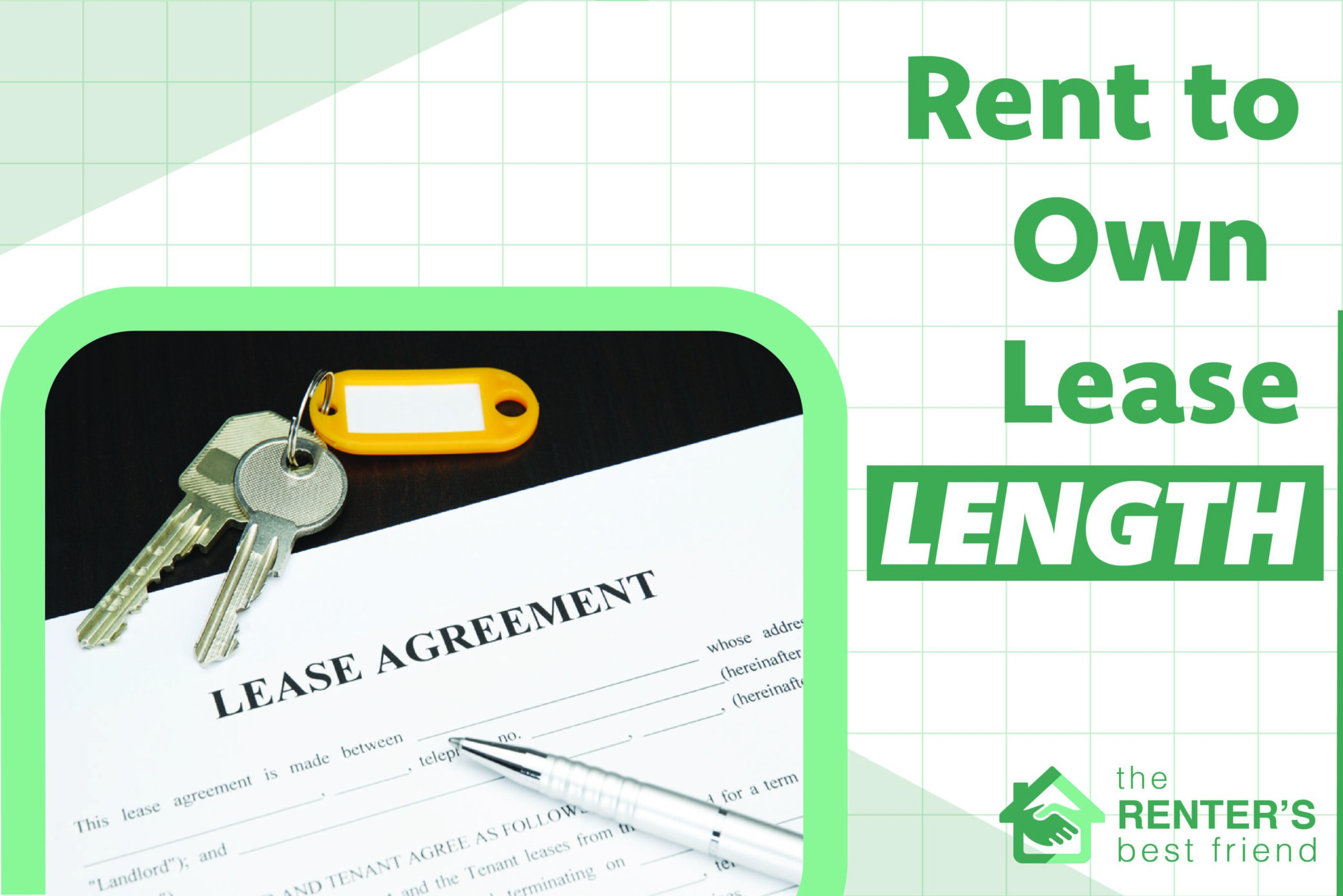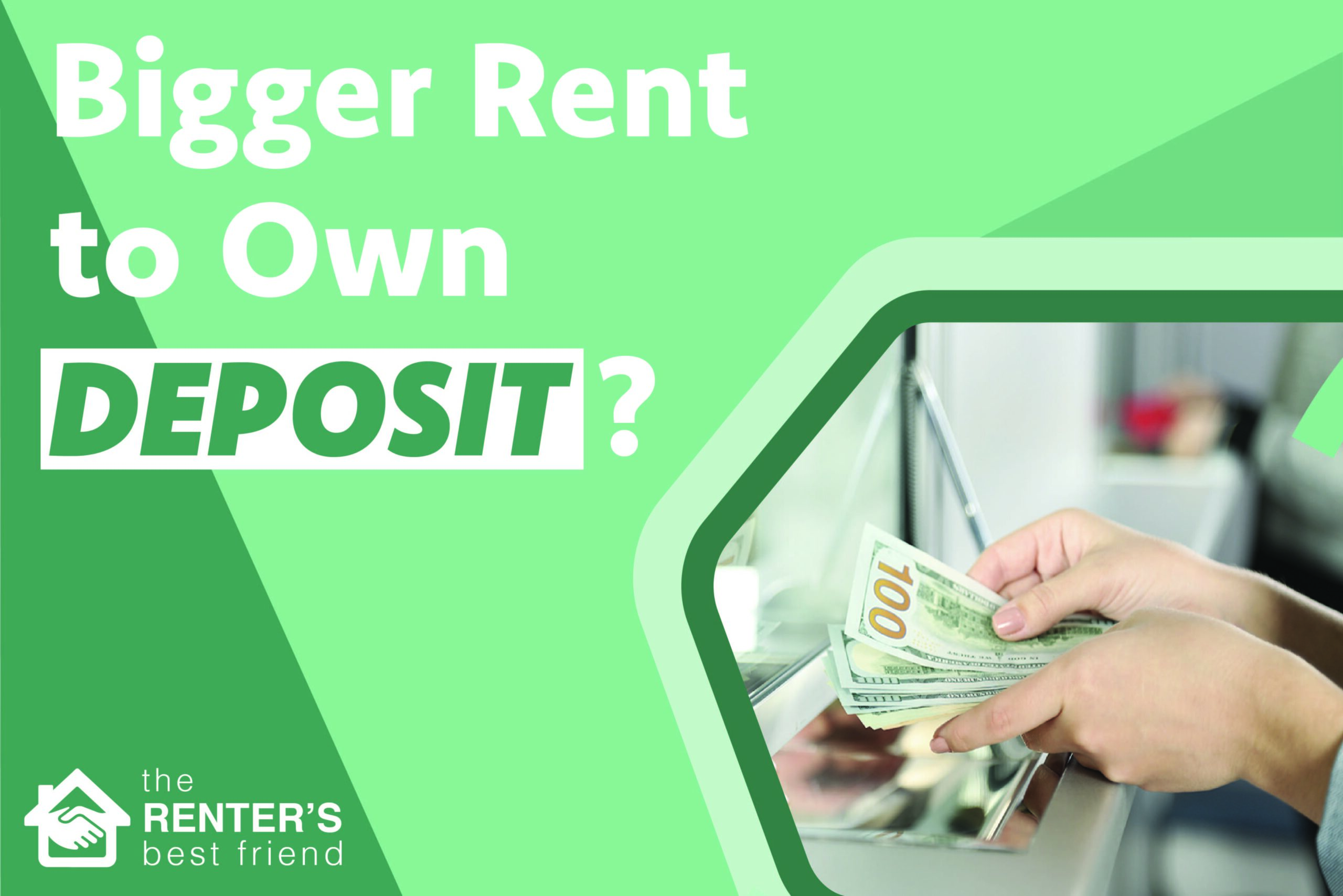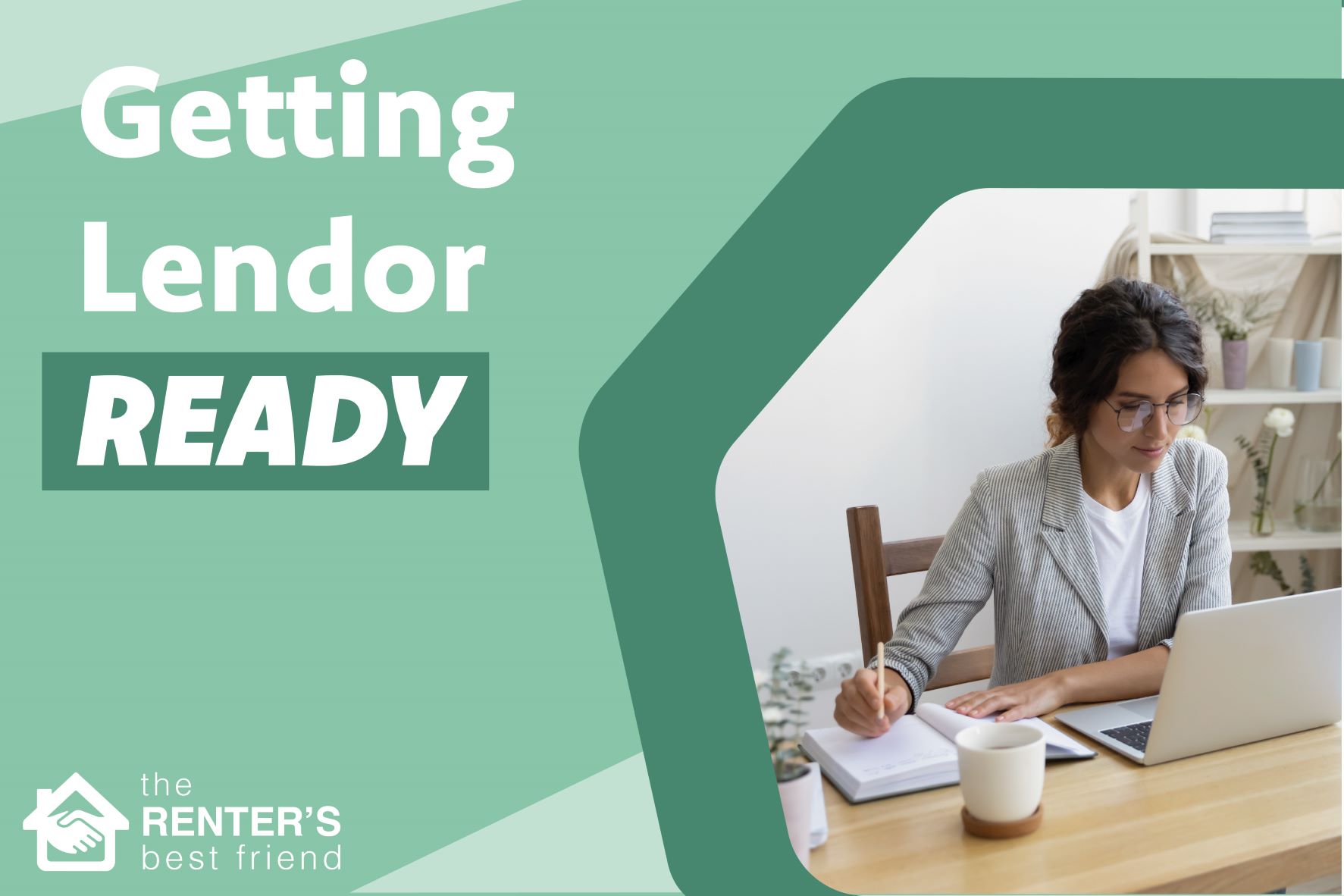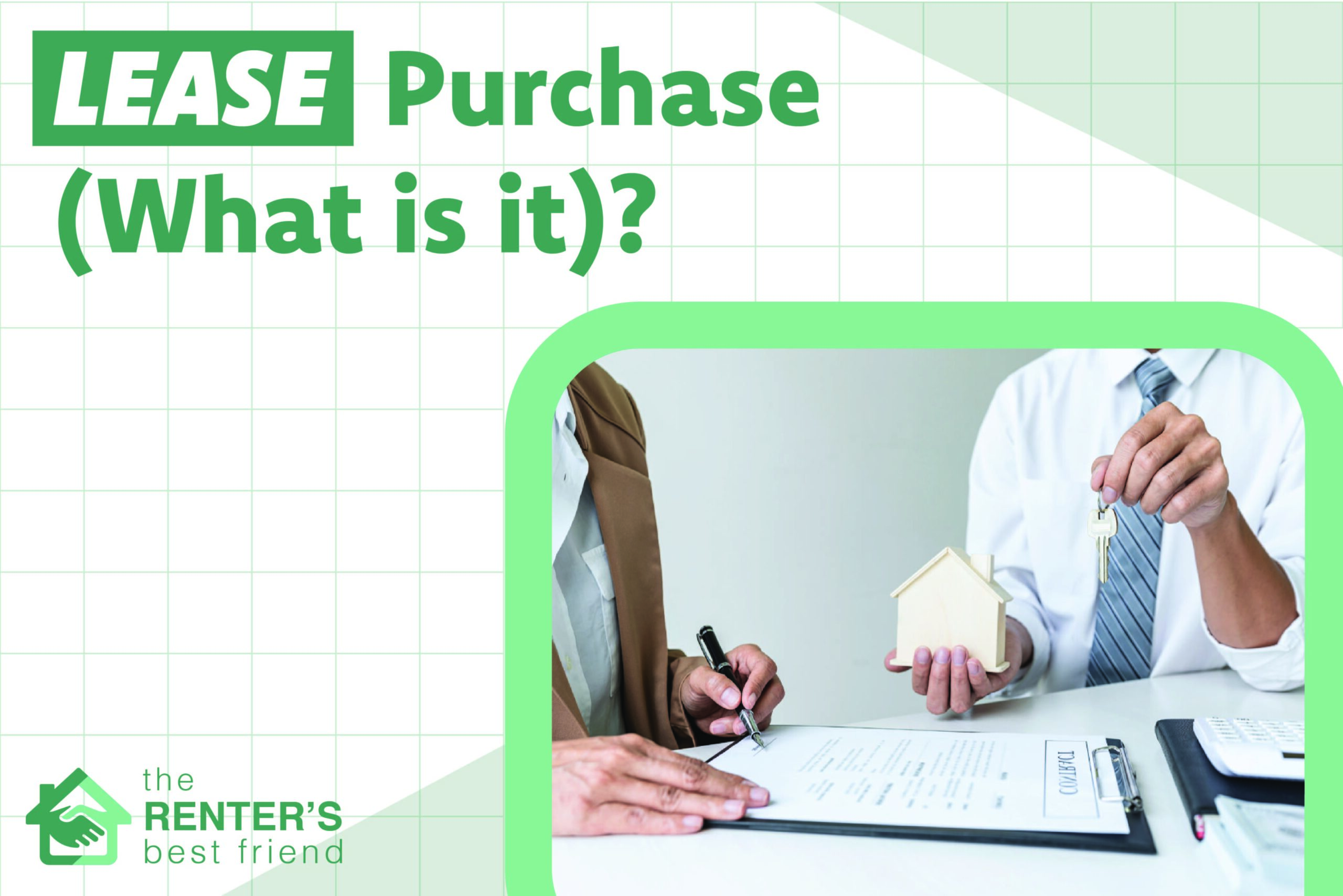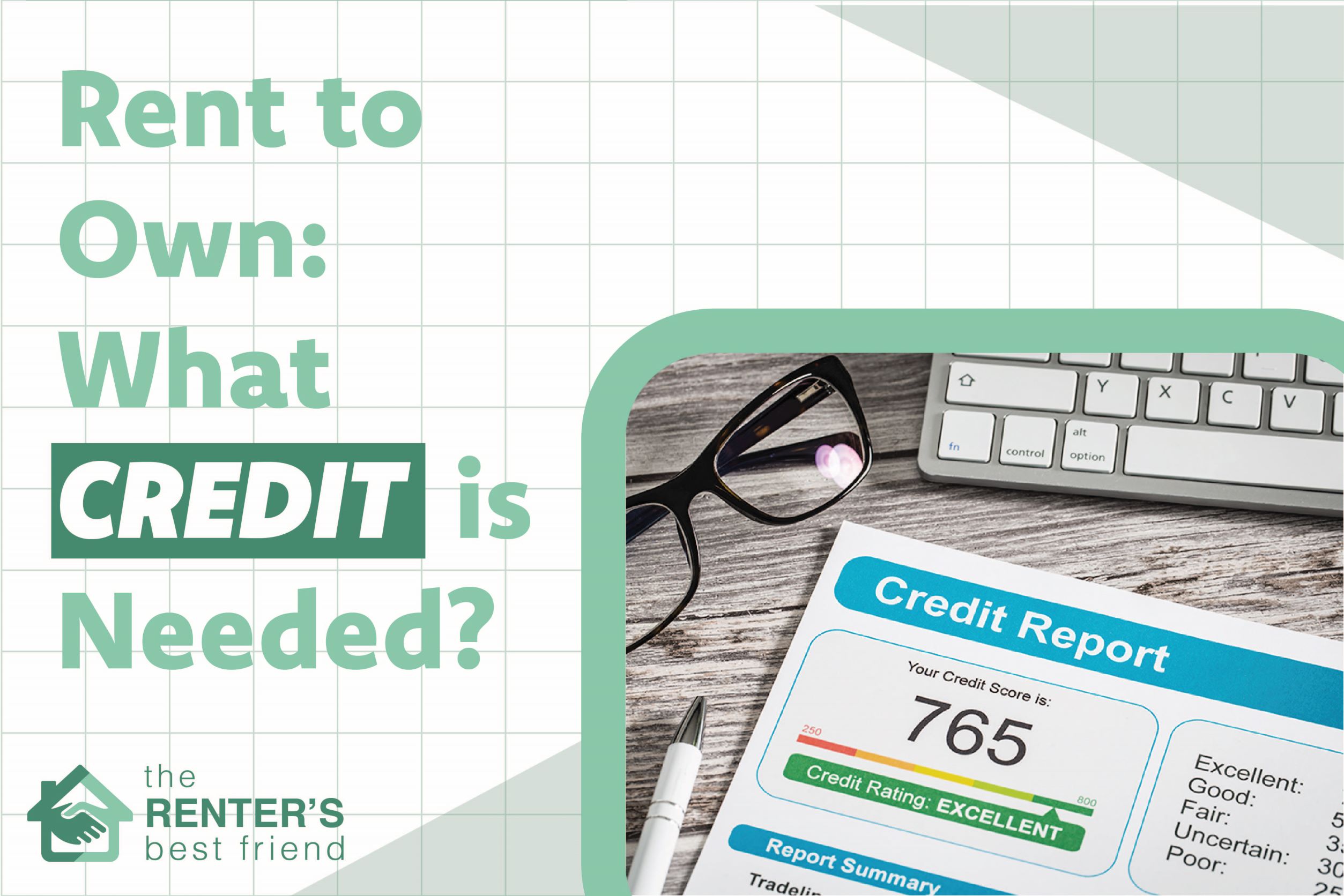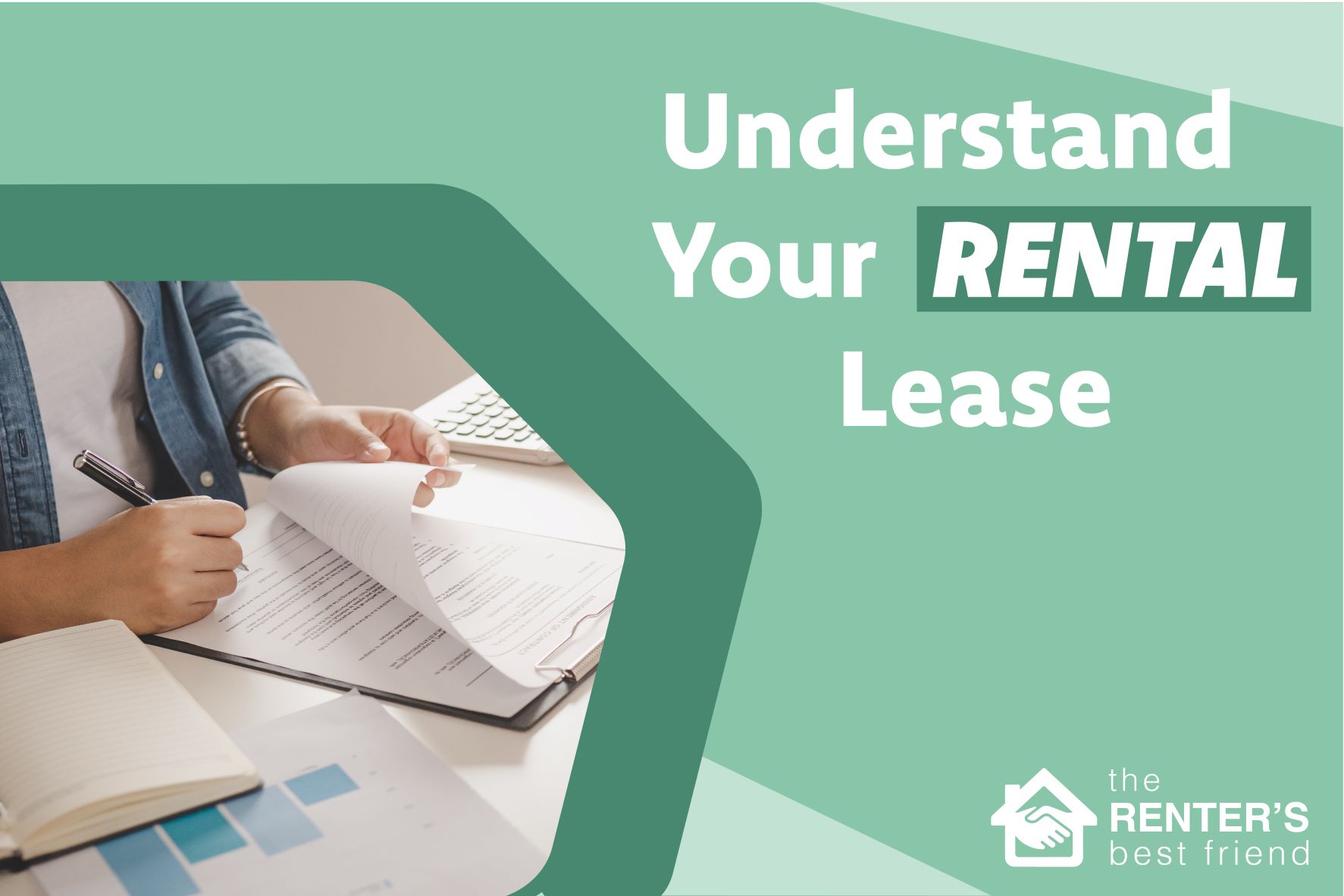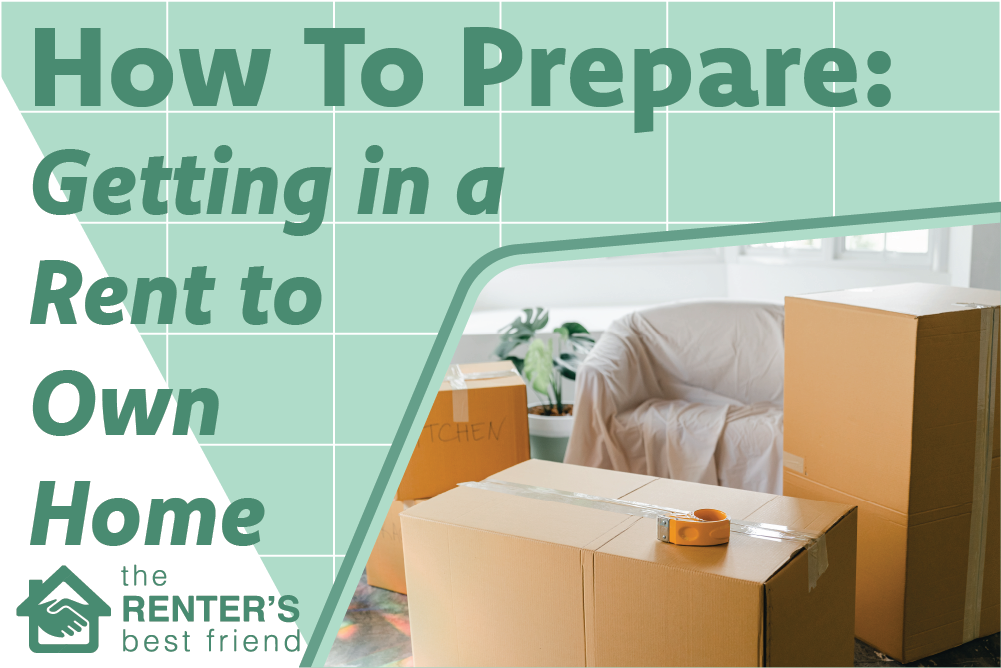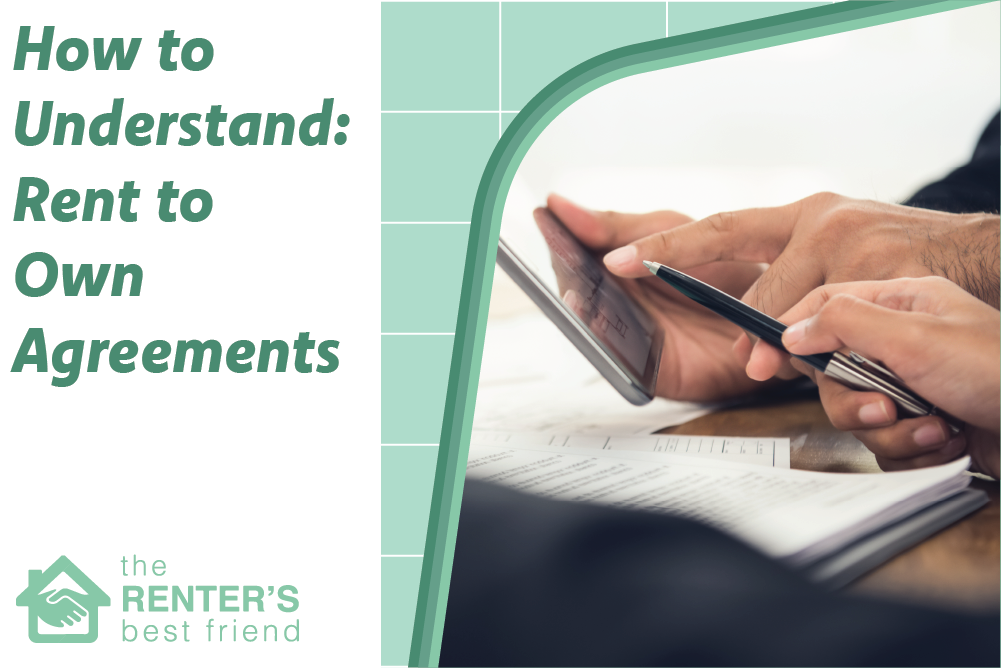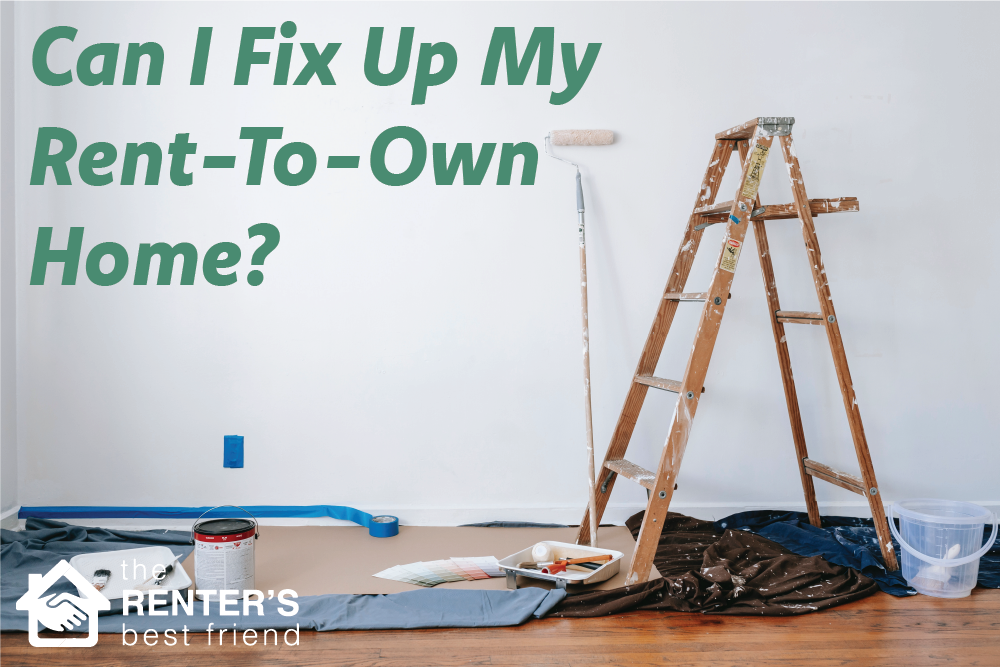Purchasing a home is a bucket list item for many Americans. But the country’s current struggle with inflation is brought into sharpest relief when examining the real estate market, which means that many of those same people simply cannot afford to make such a monumental purchase. If the upfront costs of purchasing a home – the down payment, closing costs, and mortgage – seem out of reach, you may feel like you have little choice but to abandon the dream of fulfilling that bucket list item. However, there is another alternative that you might want to consider.
If you are unfamiliar with the term, a rent-to-own home simply refers to a lease that you sign with a homeowner that allows you to rent a home over a specified period of time with the chance to purchase that home when the lease expires. Depending on the terms outlined in this contract, you pay rent each month just as you would for a normal rental property. The difference is that a part of that payment is credited toward to eventual purchase of the home.
But how do you find rent-to-own homes, and how do you go about signing such a lease? In this article, we will answer both of these questions as well as touch on a few other points worth mentioning.
Where Can You Find Rent-to-Own Homes?
Most homes that are put up for rent as not listed as rent-to-own homes. Nor is it usually an advertised option for most properties listed for sale. So these types of real estate opportunities can require a bit more work to track down. But we’ll give you some tips on searching for these types of properties.
Keep in mind that most homeowners would rather sell a property than become a landlord who might be able to sell the property in the future. It might be helpful to draw up a list of your needs and your wants for your future home and make note of what you are willing to compromise on, at least for now.
It might also be helpful to start searching in slower real estate markets, such as smaller towns or less affluent neighborhoods.
Hire a Real Estate Agent with Rent-to-Own Experience
When you are hunting for a new home, it is always a good idea to have an experienced agent working for you. Rent-to-own leases do not have to meet the same regulations as standard rental agreements, so having an agent in your corner will help prevent you from signing a bad contract when you get to that point. Even if a seller isn’t trying to scam you, they are still going to try to make the best deal they can for themselves.
In addition, an agent with experience in the field of rent-to-own homes will bring a lot of other resources to the table – their insight, knowledge, and network will be immensely helpful in helping you find the right home for you and your budget.
Research Investment Firms
There are a number of investment firms that specifically purchase properties for the programs they have, where they offer rent-to-own homes to their clients. These firms locate and buy single-family homes, set a price for the eventual sale, and then lease it to you. Basically, this investment firm serves as your landlord for the term of the lease that you sign.
This type of arrangement comes with certain protections that you might not have when renting from an individual seller, however, it will more than likely come with a higher price tag. Some of these programs offer contracts where you are not required to pay additional funds toward the price of the home’s sale as a part of your monthly rent. But when closing day arrives, you will still have to cover that difference.
Reach Out to the Seller
In a lot of cases, rent-to-own properties come about because a house for sale has gone unsold on the market for months. You or your agent might look for homes that have lingered as a listed property and simply ask the seller if they would be open to signing a rent-to-own contract. This way, the property would generate some income for them while both parties can work through the process of eventually making that final sale.
Asking never hurts. If you manage to find a house that has been on the market for a while, contact the seller’s agent and shoot your shot. This is another area where an experienced agent could be beneficial, as they will likely know better how to navigate such a negotiation.
Locate a Reluctant Landlord
On the other side of that same coin, you might be able to find a landlord who is ready to sell a property they have already been renting. There are times when a seller tries to list a property and then decides to rent it instead because it wouldn’t sell. It is possible that they may not want to remain a landlord, in which case a rent-to-own contract could be a mutually beneficial solution for them.
Offering to cover the maintenance and repairs on the home while you are renting could also be a persuasive bargaining chip for you to bring to the table. This has the added benefit of you being able to care for and further invest in what could likely become your property.
Check the Foreclosure Market
It is important to note that once a home has begun the foreclosure process you cannot enter into a rent-to-own contract on it. Likewise, you need to be aware that if a property is foreclosed on while you rent it, you will lose anything you have invested into the home in addition to losing the home itself.
All of that being said, if you can catch a property that is facing foreclosure you may be able to offer an opportunity that could benefit both you and the owner. By signing a rent-to-own lease, the owner could earn income from your monthly rent and you will be able to secure the home for future purchase.
If this is a course that you decide to take, you may want to consider hiring a real estate lawyer in addition to an agent. Make sure that you protect yourself and your future investment.
Try Your Network of Family and Friends
Touch base with your social network – whether that is on social media, neighborhood notice boards, specialty groups, or by making a few phone calls. You could know somebody that is currently trying to sell a property that might be willing to sign a rent-to-own contract. You still need to formalize everything in writing and you should still consider hiring a real estate lawyer to oversee all of the details.
Because of the nature of rent-to-own leases, there are a lot of scammers out there hunting for their next victim. So you need to practice extra vigilance when you are entering into an agreement outside of your usual social network. Do your homework and follow whatever advice your agent or real estate lawyer might give you.
Explore Specialty Websites
There are many portals online with the intention of syncing up potential renters with rent-to-own homes. Many of these sites charge a monthly fee but the cost might be a worthwhile exchange for a few months while you find a few potential properties that you want to pursue. Again, be on the lookout for potential scammers and do your research.
These sites also usually list homes that are in pre-foreclosure, for sale, foreclosure auctions, and for sheriff’s sales in addition to those listed for rent-to-own.
You Found a Rent-to-Own Home. Now What?
So you have found a home that you like and the opportunity to sign a rent-to-own contract on it is available to you. Now is the time that you really need to know your stuff. It cannot be overstated – you should give serious consideration to hiring a real estate agent and possibly even a real estate lawyer to help you work through the details of the coming transaction. However, it never hurts to also make yourself aware of some of those details as well. So let’s jump right in.
What to Expect
When you sit down to sign the contract, you will most likely be required to pay a lease option fee. This is basically a type of security deposit that ensures your ability to purchase the home at the end of the lease’s term. The specifics of each contract are different, but that fee could potentially be applied toward the down payment on the home. This lease option fee should fall somewhere between 1 and 10% of the property’s total agreed-upon price.
At the time of the signing, the total purchase price of the home will be locked in. Included in your rent payment each month, there will be a premium that will go into an escrow account – which is the amount typically set aside for the down payment. This does mean that your monthly rent will most likely be higher than your area’s market average. Just know that this additional money technically becomes yours again once you buy the home (as it forms at least a portion of your down payment). However, if you decide to not purchase the home when your lease expires, any and all investments you have made in it will likely be lost.
Lease Purchase vs. Lease Option
While the details of rent-to-own contracts can vary wildly, there are really only two basic types of rent-to-own contracts. They both allow you to rent the place for a certain number of years (typically from 1 to 3) with the possibility of you purchasing the home once that lease is finished. With that in mind, there is a singular aspect that separates a lease option contract from a lease purchase contract.
- Lease Purchase. With this kind of contract, you are legally bound to purchase the property at the end of your lease. This means that once you sign the paperwork, you are obligated to fulfill your agreement to buy this home. The cost of the home is set when the contract is drawn up and this is the amount you will have to save and eventually qualify for with your future loan. You have the life of the contract to prepare your finances and, if you change your mind or cannot afford it when this time elapses, you may face legal consequences. Usually, this version of the lease puts a bigger percentage of your rent payments toward the eventual sale of the home.
- Lease Option. With this kind of contract, the right to buy the home at the end of the lease still belongs to you. Likewise, the total purchase price of the home is locked in when you enter into this agreement. However, you are able to walk away once the term of your lease is up if you need or want to, without fear of facing any legal ramifications. Usually, this type of lease requires a 2 to 7% option fee that must be paid at the time the contract is signed. Your monthly rent payments in these types of contracts are typically a little higher than with lease purchases. Just understand that, while you are not obligated to buy the home, should you decide to walk, any rent and that option fee you paid are all forfeited.
Read the Contract. Then Read it Again.
Understand that signing a lease is a legally binding contract. As such, you should make absolutely certain that you fully understand everything contained within before you sign it. And yes, this includes the fine print. You need to be familiar with the deadlines and obligations that you will be expected to meet, as well as those that your landlord is responsible for. Be aware of the agreed purchase price of the home and how you will be able to exercise your intent to buy it when the time arrives. Look closely at the option fee and what your monthly rent is going to cost. Thoroughly read the clauses regarding pet policies and any other fees that you will be expected to pay.
As we mentioned earlier, unfortunately, there are a lot of scammers looking to take advantage of renters who are unaware of exactly what they are signing. And the notorious complexity of rent-to-own contracts is the perfect place to hide things that could prove problematic down the road. Look into the financial history and credit of the seller and understand who you are binding yourself to with this lease. Never provide any of your personal financial information upfront.
It is also a great idea to look into the history of the property you are looking to rent. You will also need to get your own professional home inspection performed on the home to protect you from unforeseen issues or future claims of property damage. The homeowner should be willing to pay for this home inspection. Even if they are not, if they refuse to let you perform one, you should walk away.
It has been mentioned more than once already, but this is once again a place with having a real estate agent of lawyer would be incredibly beneficial to you. And if the seller is not willing to provide a free copy of the contract for your attorney, consider that a major red flag.
Bottom Line: Know the Way Forward
Rent-to-own homes are a wonderful opportunity to experience the best of both renting and of homeownership. Just make certain to understand the agreement you are entering into in order to protect yourself and your future investment. With any luck, this article has given you the tools for not only finding a new home but the confidence in how to obtain it.

